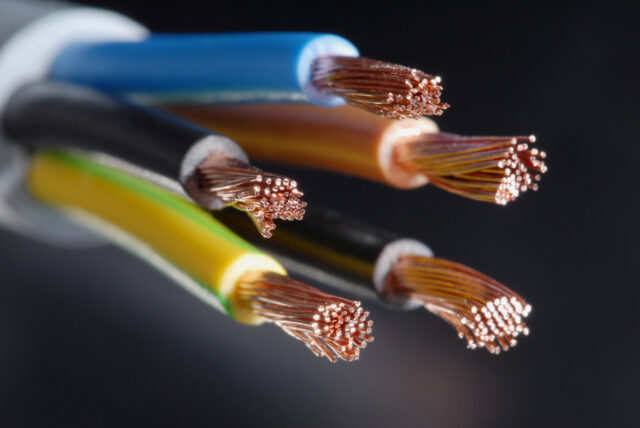
Have you ever wondered who manufactures the cables that power our electronic devices? From the USB cables that connect our computers to the HDMI cables that stream our favorite movies, someone has to be responsible for producing them. That someone is the cable manufacturer. This article takes a closer look at what a cable manufacturer does and how they ensure quality products are delivered to consumers.
Today’s cable manufacturers play a very important role in society because they make some of the most important things we use every day. The people who make cables are responsible for making sure that we always have access to reliable power sources. This includes charging our phones and connecting smart home devices. They also play a major role in helping businesses stay connected and run efficiently by providing them with cables for their communication systems.
In addition to their technical contributions, cable manufacturer also take pride in offering high-quality products at competitive prices. Customers can rest easy knowing that their purchase is backed by a company that is committed to making only the best products on the market. This article will discuss more about why cable manufacturers are so important and how they work hard to deliver top-notch results every time.
Types of Cables
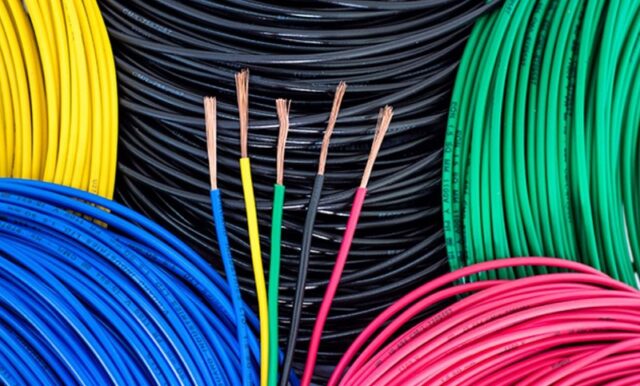
Cables come in many shapes and sizes. Understanding the differences between types of cables can help you choose the best product for your application. The most common types include coaxial, twisted pair, fiber optic, and flat ribbon cables.
Coaxial cables are used for high-frequency applications such as television and radio signals. They’re composed of a center conductor surrounded by an insulating material and then shielded with a metal sheath. This helps reduce interference from outside sources such as electrical noise and radio frequency signals.
Twisted-pair cables are commonly used in data transmission applications like Ethernet networks. They consist of two conductors that are twisted together to form a pair, which helps reduce crosstalk or electromagnetic interference from other nearby wires. These types of cables are also insulated with a protective material, usually PVC or polyethylene.
Fiber optic cables use light signals instead of electricity to transmit data over long distances. They are made up of many thin strands of glass or plastic that carry light pulses over very long distances with little signal loss. Fiber optics is ideal for transmitting large amounts of data at high speeds in areas where there’s a lot of noise or electromagnetic interference.
Most of the time, flat ribbon cables are used for wiring inside things like computer motherboards and circuit boards. They have multiple insulated conductors arranged in flat, parallel lines within a flexible jacket that can be bent into various shapes to fit different configurations. These types of cables are a good way to keep multiple wires organized and safe from damage or interference while bundling them together.
No matter what type of cable you need, it’s important to do your research before making a purchase so you get the right product for your application. Understanding the different characteristics between each type can help you make an informed decision on which one will work best for your needs
Materials Used in Cable Manufacturing
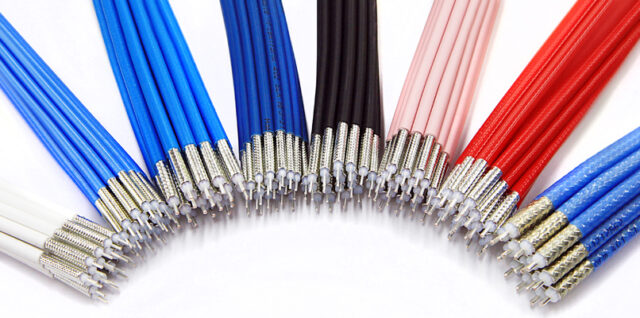
Cables are made from a variety of materials, depending on their intended purpose. Copper is often used to make electrical wires, for example, because it is a good conductor. This metal is often wrapped in plastic to keep it safe from the weather and make it last longer. Fiber optic cables are made from strands of glass or plastic fibers that can carry huge amounts of data over long distances. Copper shielding may be added to protect the cable from interference. For cables used in construction or industrial applications, steel is often used due to its strength and low cost. It’s also resistant to corrosion, making it suitable for use outdoors.
The type of insulation around the core material also varies depending on its purpose. Low-smoke zero-halogen (LSZH) insulation is often used in areas where fire safety is paramount, such as in aircraft or underground tunnels. PVC is commonly used in electrical wiring due to its flexibility and affordability, while Teflon provides superior protection against heat and moisture but is more expensive than other options.
Finally, cable manufacturers must consider the environment in which their products will be used when selecting materials for their products. Cable cores must be able to withstand extreme temperatures, humidity levels, and pressure, as well as chemical exposure and mechanical damage, if they are going to perform as expected over time. Different types of outer jacketing may also be required for different environments, such as flame-retardant jackets for use near combustible materials or waterproof jackets for wet locations like bathrooms or swimming pools.
Quality Assurance Standards

Many cable manufacturers follow strict quality assurance standards to make sure that their products and services are of the highest quality. These standards are made to keep an eye on and evaluate the production process so that the final product is of the highest quality possible.
The first step in any quality assurance process is to review and check each material used in the manufacturing process. This includes everything from raw materials, such as insulated wires, to finished components like connectors. The manufacturer must also make sure that these materials meet all applicable safety and environmental regulations.
Once all materials have been reviewed, tested, and approved, they can be put into production. During this process, it’s important that every step of production is closely watched and checked for any problems or flaws. This includes checking the finished product before it leaves the building to make sure it meets all quality standards. Every step along the way requires careful attention to detail in order to achieve a successful end result.
These steps help make sure that a company only makes high-quality cables that meet industry standards and customer needs. The company will then be able to give customers the same high-quality, reliable products every time they buy from them.
Benefits of Working with a Professional Cable Manufacturer
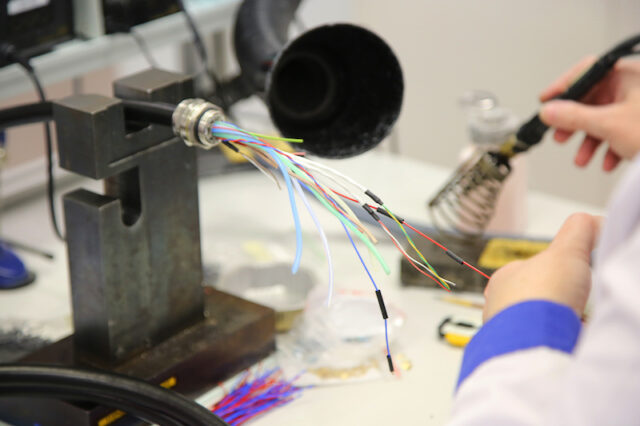
When it comes to purchasing cables, working with a professional manufacturer is the best option. Professional cable manufacturers provide numerous benefits, such as high-quality products, expert advice, and cost savings.
High-quality products are essential for any application or project. Professional cable makers use the most up-to-date materials, methods, and technologies to make cables that are strong, reliable, and fit specific needs. This ensures that customers get the best possible product for their installation. Also, professional manufacturers offer a variety of cables in different sizes and lengths to fit any project requirements.
Professional cable manufacturers not only make good products but also help customers by sharing their knowledge. They can provide advice on which type of cable is best suited to an application or situation. They can also help find problems before they happen and come up with solutions that will give the best results.
Customers can also save money when they work with a professional cable manufacturer by taking advantage of their experience and buying power. Customers can save money by going straight to the manufacturer instead of going through retail chains or middlemen, who may add to the price of the product. Because of this, customers can buy cables at better prices while still getting high-quality products and expert advice.
Conclusion
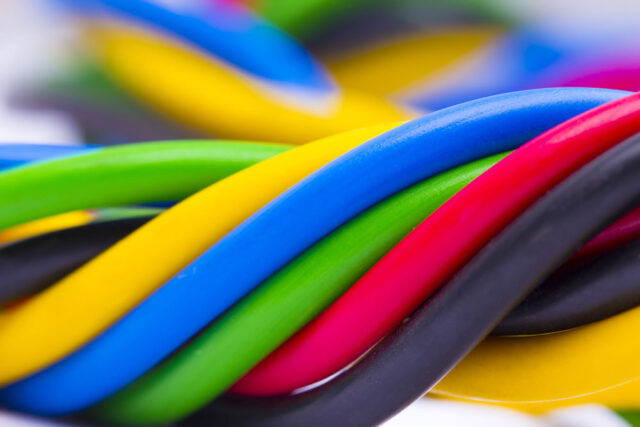
The best way to make sure your cables are of high quality is to work with a professional cable manufacturer. They will be able to provide you with the right type of cable that meets your needs, and they’ll also be able to guarantee it’s made from the highest quality materials. Additionally, they’ll adhere to all quality assurance standards, so you know you’re getting what you paid for.
The benefits of working with a professional cable manufacturer are numerous. You can trust that your cables will be up to industry standards and that they’ll last for years down the road. It also saves time since you don’t have to worry about sourcing materials and conducting quality assurance tests yourself.
Overall, working with a professional cable manufacturer is the most reliable way to get high-quality cables in a timely manner. They will make sure that each product meets your needs and goes above and beyond industry standards, so you can feel good about your purchase.









